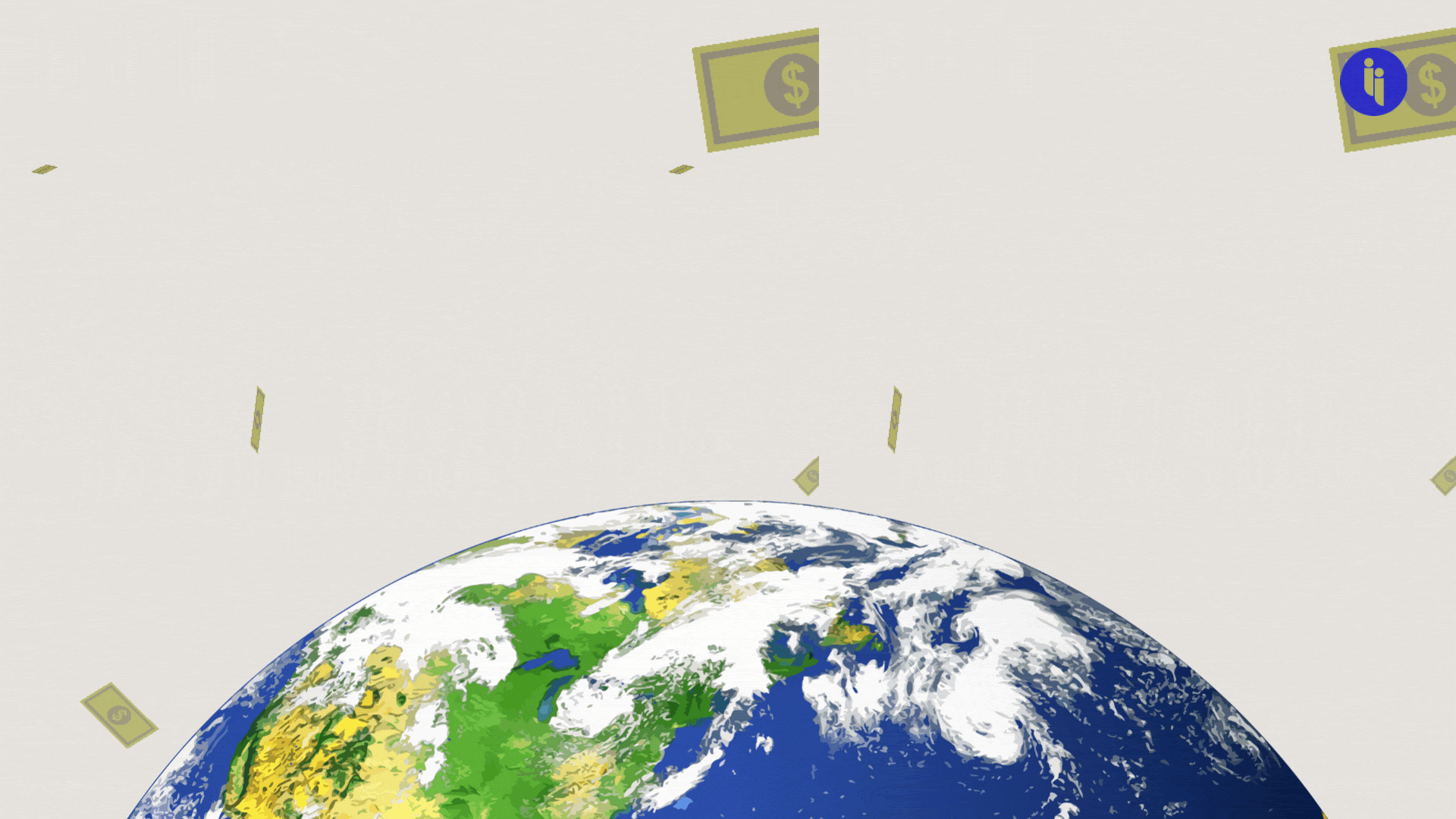The Asian Infrastructure Investment Bank (AIIB) wrapped its 8th annual meeting in Egypt this week. Notably, the AIIB approved three new members: El Salvador, Solomon Islands and Tanzania.
The Beijing-based AIIB began as an idea inside China’s finance ministry, culminating in its 2016 launch with 57 founding members. China holds 26.6% of the voting rights, and the constitution requires a 75% super-majority for any major AIIB decisions. So Beijing calls the shots.
Its mandate is to provide capital to support development projects like:
Stay on top of your world from inside your inbox.
Subscribe for free today and receive way much more insights.
Trusted by 114,000+ subscribers
No spam. No noise. Unsubscribe any time.
- 🇮🇳 road-building in India
- 🇪🇬 sanitation services in Egypt
- 🇵🇰 public transport in Karachi, and
- 🇴🇲 solar plants in Oman.
With its three prospective new countries, the AIIB will have 109 members.
Intrigue’s take: In its stated aims, the AIIB is similar to the US-led World Bank and Japan-led Asian Development Bank. But these and other incumbent lenders were long criticised as being too slow and too cautious in responding to the emerging needs of the developing world.
So the AIIB was partly born in that gap. And a little competition is probably a good thing when it comes to financing these kinds of basic human needs.
But the AIIB continues to face questions around its level of accountability and its relationship with Beijing. Still, the bank’s new members are a reminder that, for folks in El Salvador, Solomon Islands, Tanzania, and beyond, there are often more pressing concerns.
Also worth noting:
- In June, AIIB’s global comms chief (a Canadian citizen) resigned, claiming the Chinese Communist Party had undue influence over the bank. Canada suspended its AIIB ties shortly thereafter.
- AIIB also announced this week that it would triple its total climate financing to $50B for this decade.








